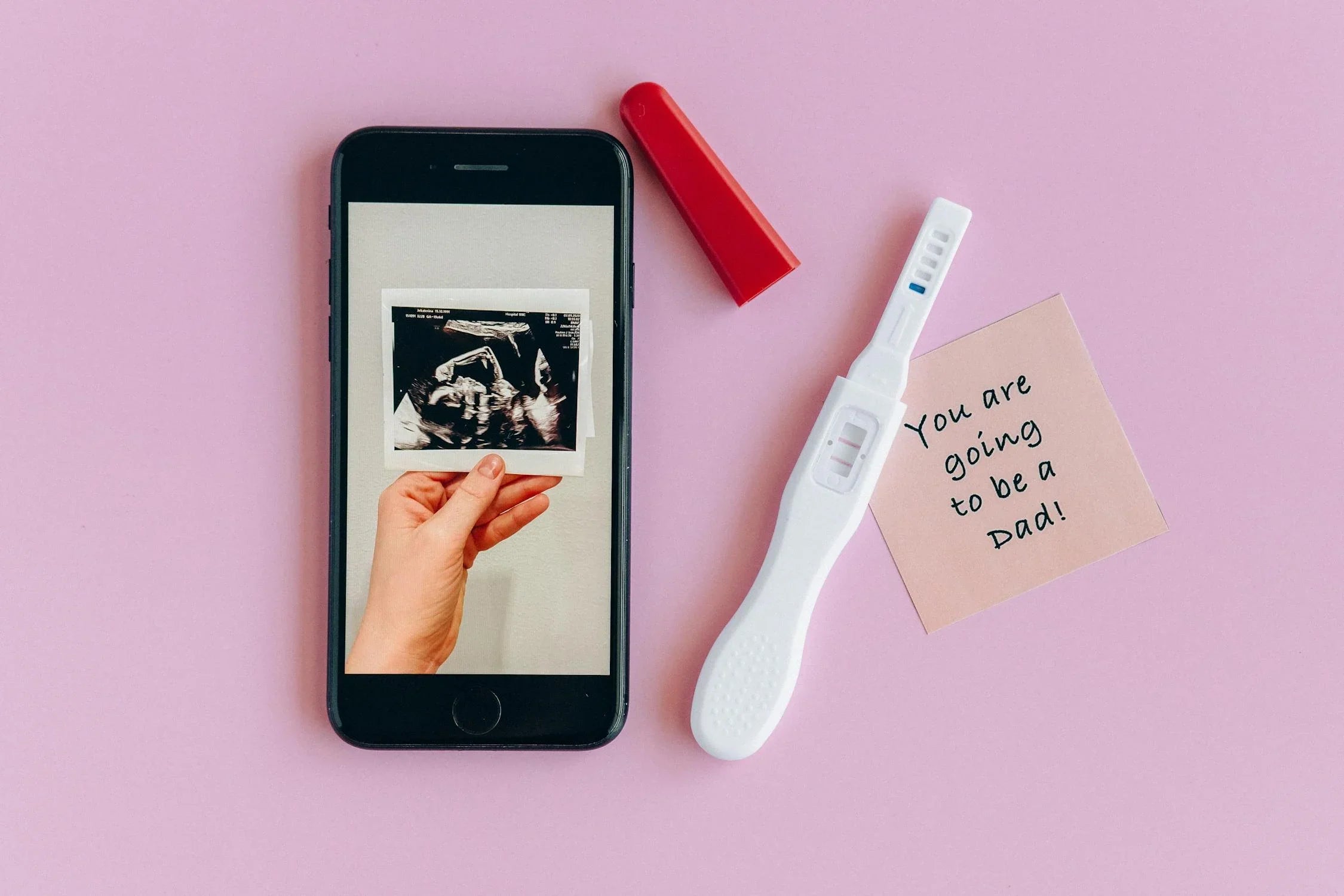Startseite
Pregnancy, Breastfeeding, and Pumping: The Ultimate Guide for Moms
Can Ovulation Cause a False Positive Pregnancy Test? Exploring the Facts

Can Ovulation Cause a False Positive Pregnancy Test? Exploring the Facts
Have you ever wondered if ovulation could lead to a false positive pregnancy test? The short answer is no, but the science behind it is fascinating. Understanding how pregnancy tests work and the role of ovulation in your menstrual cycle can help clarify this common misconception. Let’s dive into the details to uncover the truth.
How Pregnancy Tests Work
Pregnancy tests detect the presence of human chorionic gonadotropin (hCG), a hormone produced by the placenta after a fertilized egg attaches to the uterine lining. This hormone is not present in significant amounts during ovulation or the menstrual cycle unless pregnancy occurs. Therefore, ovulation itself does not produce hCG and cannot cause a false positive pregnancy test.
The Role of Ovulation in the Menstrual Cycle
Ovulation is the process where an egg is released from the ovary, typically occurring around the midpoint of the menstrual cycle. During this time, hormones like estrogen and luteinizing hormone (LH) surge to prepare the body for potential pregnancy. However, these hormones are distinct from hCG and do not interfere with pregnancy test results.
Common Causes of False Positive Pregnancy Tests
While ovulation is not a culprit, several other factors can lead to false positive results. These include chemical pregnancies, certain medications, medical conditions like ovarian cysts, or even evaporation lines on the test. It’s essential to consider these possibilities if you receive a positive result but suspect it may be inaccurate.
When to Take a Pregnancy Test
Timing is crucial when taking a pregnancy test. Testing too early, before hCG levels have risen sufficiently, can result in a false negative. Conversely, waiting until after a missed period increases the accuracy of the results. Understanding your cycle and the best time to test can help avoid confusion.
Consulting a Healthcare Professional
If you’re unsure about your pregnancy test results or have concerns about your reproductive health, consulting a healthcare professional is always a good idea. They can provide clarity, perform additional tests, and guide you through the next steps.
So, can ovulation cause a false positive pregnancy test? The answer is clear: no. However, understanding the nuances of pregnancy testing and the factors that can influence results is key to navigating this aspect of reproductive health with confidence. Stay informed, and always seek professional advice when in doubt.
Teilen
